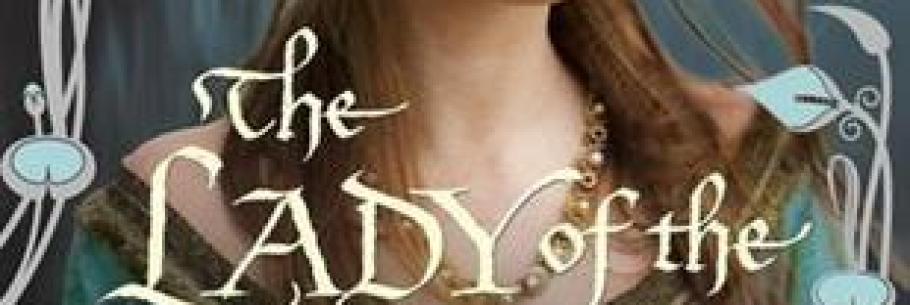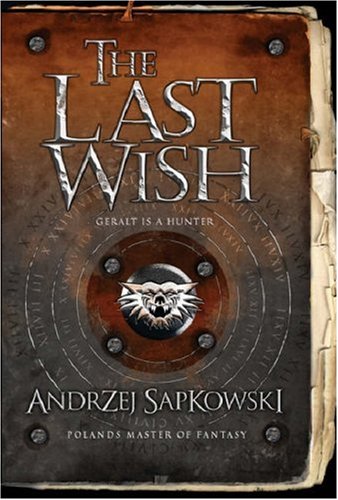Sunday Summary
This week has been a productive week. Not only did I finish my reading list for August, I also had a few days spare to work on an additional project – a short story I am looking to enter into a competition.
That is currently in the editing stage. I had some trouble drafting it initially – once I had gotten the first 500 words or so on paper I lost the spark a bit. I am a linear thinking person so naturally I was trying to write it all chronologically. I knew how the story would end but I couldn’t get there because I didn’t know what was going to happen in the middle.
Having been given the great advice in these circumstances to drop my way of thinking and to write the end, working backwards, I managed to get the first draft completed. I have until mid October to submit the entry so until then I’ll be working to improve it as best I can.
Books I have Read

On Tuesday I finished Stephen King’s Pet Sematary and I thoroughly enjoyed it. Up until now I have never read any horror books because I really dislike horror films. I like thriller and suspense, but I have no respect for films that take cheap shots at scaring people by having something jump at the camera. Anyone can do that. Give me a thriller with an exciting plot and themes that play on your mind and I’m all up for that.
I’ll admit I wrongly tarnished horror books with the same attitude that I have towards the films. My full review of this book will be published on Tuesday, but I can happily say that my expectations were more than surpassed.
Discovered Books
I’ve been well behaved this week when it comes to buying books compared to the five I acquired last week.
I only bought one – that’s very restrained for me. I also tend to read a lot of pure fiction as opposed to non-fiction, so this will be an interesting read:
Acclaimed master of psychological suspense, Emmanuel Carrère, whose fiction John Updike described as “stunning” (The New Yorker) explores the double life of a respectable doctor, eighteen years of lies, five murders, and the extremes to which ordinary people can go.
GoodReads – The Adversary

As well as actually buying this book I added a number of other books to my TBR to buy at a later date:-
- Executed – R R Haywood
- Soul Identity – Dennis Batchelder
- The Shining – Stephen King
- 12 Years a Slave – Solomon Northup
- The Miniaturist – Jessie Burton
- Go Set a Watchman – Harper Lee
- Bad Girls from History – Dee Gordon
Coming Up…
As mentioned above I will be publishing my review of Pet Sematary on Tuesday next week, so I hope you look forward to that. I know I do!
On Friday I will also be having a look at my TBR list to weed out some of the books I added that I no longer want to read. It’s actually quite interesting to see how my book interests have changed over the past few years. If anything, I am reading a far wider scope of books than I ever have before… which is in part what I wanted to achieve with this challenge.
Last but not least on Sunday I’ll be rounding up the week with a summary.
I hope to see you then!














 Top 1% in Epic
Top 1% in Epic